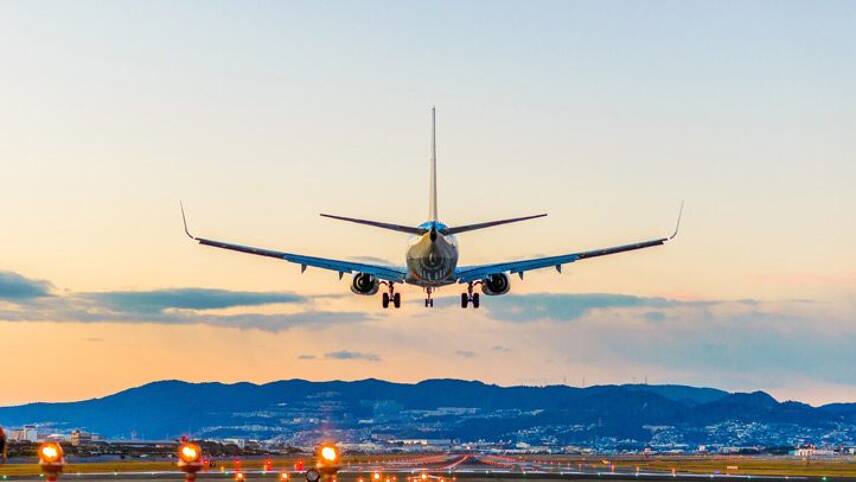Register for free and continue reading
Join our growing army of changemakers and get unlimited access to our premium content

Called Avelia, the scheme is offering around one million gallons of SAF in the first instance
Earlier this month, American Express Global Business Travel (Amex GBT) and Shell Aviation teamed up to launch a new blockchain-enabled service whereby businesses can purchase sustainable aviation fuels (SAFs) equivalent to the amount needed to cover their business flights.
Called Avelia, the scheme is offering around one million gallons of SAF in the first instance, which its co-founder’s claim makes it the largest of its kind to date. This amount of fuel could cover 15,000 individual business traveler flights from London to New York, the co-founders state.
Business customers will be able to book flights using the American Express Global Business Travel (Amex GBT) platform and request verification that SAF, equivalent to that which would have been used if their flights had directly been powered with the maximum blend of 50%, has been produced and supplied. Verification will be provided in the form of blockchain-generated tokens, which have a tamper-proof audit trail.
Amex GBT has this week implored businesses to sign up to the blockchain system after Aon became the first Amex GBT customer to commit to the scheme.
Amex GBT chief executive Paul Abbott said: “This pilot is an important foundational step on our journey towards a net-zero world by 2050. As more businesses and organizations like Aon join this SAF pilot program, market signals will grow stronger, making SAF more cost-competitive with conventional jet fuel.”
Shell currently manufactures SAF using agricultural wastes in Rotterdam, and at a separate facility fed by agricultural wastes and virgin plant feedstocks in Singapore. It is aiming to produce at least two million tonnes of SAFs annually from 2025 and to continue expanding production through to the 2030s, eyeing new production and blending facility locations in markets including the UK to meet these aims.
Shell claims that its SAF can reduce lifecycle emissions by up to 80% when compared with traditional jet fuel, if it is used neat.
Popular because using blends of 50% is a ‘drop-in’ solution, requiring no changes to aircraft – as would be necessary for electrification or the use of hydrogen. The UK’s industry body for sustainability in aviation is planning to prioritise SAF use, efficiencies and offsetting to reach net-zero, and this approach has influenced national policymaking on the issue.
Aviation is referenced heavily in the most recent net-zero progress report from the Climate Change Committee, which was published this week.
The CCC report notes that despite a fall in emissions that was largely driven by the pandemic, fossil fuel use per passenger per km has increased by 72% since 2019, despite more than 20 years of improvements in fuel efficiency.
The CCC notes that the Net Zero Strategy and Jet Zero Strategy “rely heavily on technological changes in aviation as the sector’s contribution to Net Zero and for the removal of the sector’s residual emissions”. This, however, differs from the CCC’s own recommendations, which namely calls for a limit on growth in the sector, which has largely been ignored.
The CCC notes that greater policy clarity is needed to “provide a clear strategy” for decarbonisation alongside low-carbon technology updates. This would need to include a mandate on SAFs this year, “with strong safeguards to ensure significant lifecycle emissions savings”.


Please login or Register to leave a comment.